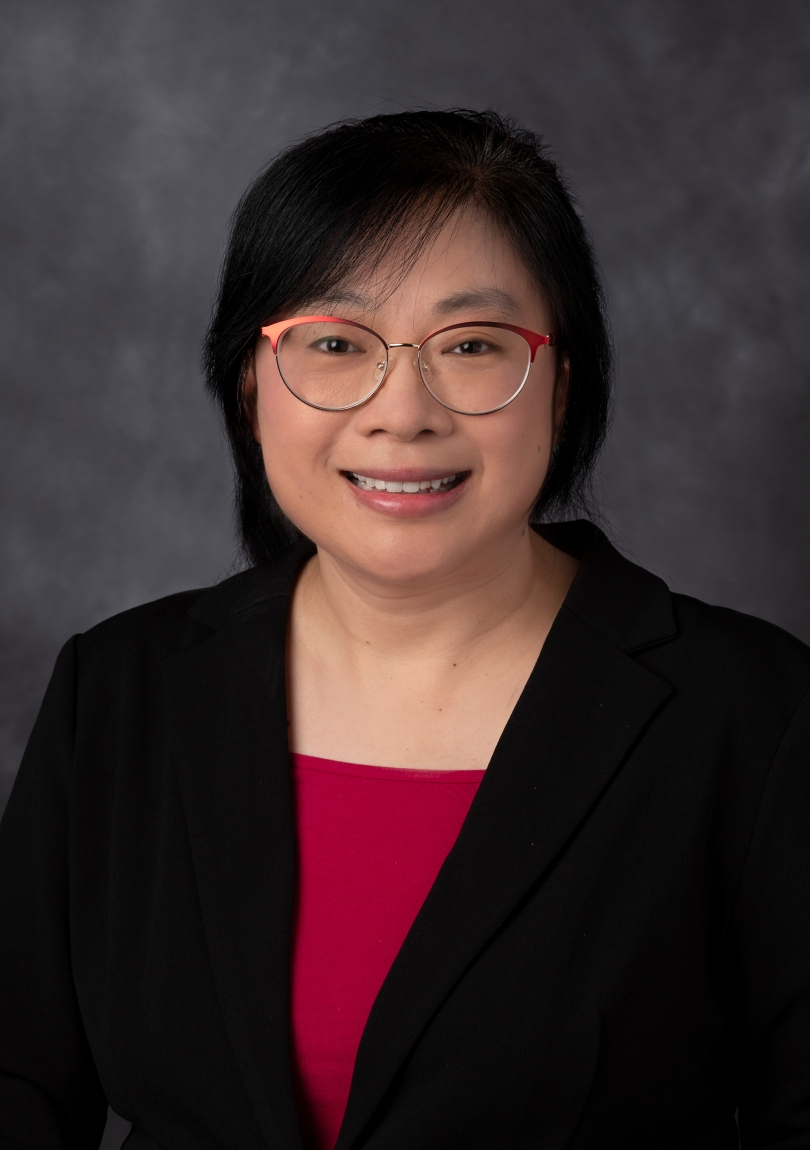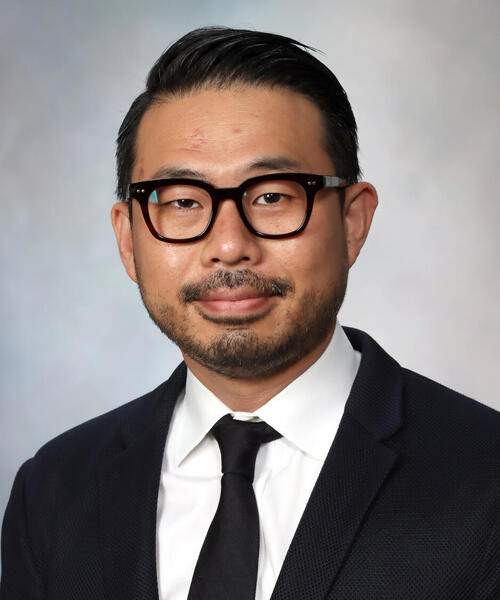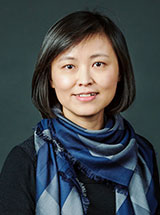Center for Gastric Pre-Cancer Atlas of Multidimensional Evolution in 3D (GAME3D)
Overview
The GAME3D Center aims to address the critical need for precision cancer interception in hereditary diffuse gastric cancer (HDGC) caused by pathogenic CDH1 germline mutations. Patients with such mutations carry an elevated lifetime risk of advanced diffuse gastric cancer up to 80%. Prophylactic total gastrectomy (PTG) is often advised but may not be necessary for all CDH1 mutation carriers. PTG is a major procedure associated with chronic physical and psychosocial disabilities, yet prior attempts to risk stratify patients based on specific variants or family cancer history have not been successful and tools to identify patients at high risk are currently lacking. This is largely due to our limited understanding of the earliest events that drive T1a lesion development and progression. GAME3D integrates cutting-edge multimodal, single-cell, and 3D spatial technologies to construct a comprehensive atlas of the N-T1a-AGC continuum. Through longitudinal samples, the Center will: (1) create a dynamic 2D spatial atlas; (2) build a 3D spatiotemporal atlas at single-cell resolution; and (3) develop computational models of tumor initiation and progression. This work will uncover key mechanisms driving AGC development, offering new targets for early interception.
Principal Investigators
Linghua Wang, MD, PhD (Contact PI)
MD Anderson
 Dr. Wang is an Associate Professor in the Department of Genomic Medicine at MD Anderson Cancer Center. She has significant expertise in computational biology, cancer genomics, and immuno-informatics. Her group focuses on comprehensive profiling of the tumor ecosystem, exploring its cellular and molecular heterogeneity, phenotypic plasticity, and the dynamic interactions between cancer cells and the tumor microenvironment throughout tumor initiation, progression, metastasis, and therapeutic response or resistance. By integrating advanced single-cell and spatial multi-omics technologies with high-resolution cellular imaging, Dr. Wang’s lab develops and applies innovative bioinformatic tools and computational frameworks to drive novel discoveries. Her work has built single-cell, spatial, transcriptional, and clonotypic atlases across many early-stage cancers and precursor diseases.
Dr. Wang is an Associate Professor in the Department of Genomic Medicine at MD Anderson Cancer Center. She has significant expertise in computational biology, cancer genomics, and immuno-informatics. Her group focuses on comprehensive profiling of the tumor ecosystem, exploring its cellular and molecular heterogeneity, phenotypic plasticity, and the dynamic interactions between cancer cells and the tumor microenvironment throughout tumor initiation, progression, metastasis, and therapeutic response or resistance. By integrating advanced single-cell and spatial multi-omics technologies with high-resolution cellular imaging, Dr. Wang’s lab develops and applies innovative bioinformatic tools and computational frameworks to drive novel discoveries. Her work has built single-cell, spatial, transcriptional, and clonotypic atlases across many early-stage cancers and precursor diseases.
Paul Mansfield, MD, FACS
MD Anderson
 Dr. Mansfield is a Professor in the Department of Surgical Oncology at MD Anderson Cancer Center. He is a surgical oncologist with more than 30 years of experience in the clinical care and research of patients with gastric cancer. He has extensive expertise in patient recruitment and evaluation of the clinical implications of laboratory findings. He serves as the PI of the MD Anderson CDH1 gene registry, comprising more than 100 hereditary diffuse gastric cancer patients with demographic, clinical data and multiple tissue specimens collected from each patient.
Dr. Mansfield is a Professor in the Department of Surgical Oncology at MD Anderson Cancer Center. He is a surgical oncologist with more than 30 years of experience in the clinical care and research of patients with gastric cancer. He has extensive expertise in patient recruitment and evaluation of the clinical implications of laboratory findings. He serves as the PI of the MD Anderson CDH1 gene registry, comprising more than 100 hereditary diffuse gastric cancer patients with demographic, clinical data and multiple tissue specimens collected from each patient.
Tae Hyun Hwang, PhD
Mayo Clinic
 Dr. Hwang is the Florida Department of Health Cancer Chair, Departments of Artificial Intelligence & Informatics, Cancer Biology, and Immunology at the Mayo Clinic Comprehensive Cancer Center in Jacksonville, FL. He is a computational scientist focused on cancer biology, with primary expertise in developing and applying novel machine learning (ML) and artificial intelligence (AI) algorithms to unravel the complexities of human cancer mechanisms, including gastric cancer. In addition, he is pioneering 3D tumor modeling and AI-driven analysis of the tumor immune microenvironment. His lab conducts in-depth investigations using data derived from single-cell DNA/RNA/protein sequencing, spatial genomics, genetics, and advanced tissue imaging.
Dr. Hwang is the Florida Department of Health Cancer Chair, Departments of Artificial Intelligence & Informatics, Cancer Biology, and Immunology at the Mayo Clinic Comprehensive Cancer Center in Jacksonville, FL. He is a computational scientist focused on cancer biology, with primary expertise in developing and applying novel machine learning (ML) and artificial intelligence (AI) algorithms to unravel the complexities of human cancer mechanisms, including gastric cancer. In addition, he is pioneering 3D tumor modeling and AI-driven analysis of the tumor immune microenvironment. His lab conducts in-depth investigations using data derived from single-cell DNA/RNA/protein sequencing, spatial genomics, genetics, and advanced tissue imaging.
Mingyao Li, PhD
University of Pennsylvania
 Dr. Li is a Professor of Biostatistics in the Department of Biostatistics and Epidemiology, with secondary appointments in Digital Pathology, Department of Pathology and Laboratory Medicine, and Statistics, Department of Statistics and Data Science, at the University of Pennsylvania School of Medicine. She is a computational researcher with a focus on identifying genes that contribute to human variation and diseases. Her research program consists of both a methodological component focused on developing novel statistical methods for statistical genetics and genomics, and an applied component focused on using these methods in clinical and biological studies. Dr. Li uses a multidisciplinary approach that integrates methods from statistics, machine learning, bioinformatics, and computational biology. Her lab has published papers on single-cell RNA-seq and its applications in human diseases as well as methods papers on spatial transcriptomics data anaylsis.
Dr. Li is a Professor of Biostatistics in the Department of Biostatistics and Epidemiology, with secondary appointments in Digital Pathology, Department of Pathology and Laboratory Medicine, and Statistics, Department of Statistics and Data Science, at the University of Pennsylvania School of Medicine. She is a computational researcher with a focus on identifying genes that contribute to human variation and diseases. Her research program consists of both a methodological component focused on developing novel statistical methods for statistical genetics and genomics, and an applied component focused on using these methods in clinical and biological studies. Dr. Li uses a multidisciplinary approach that integrates methods from statistics, machine learning, bioinformatics, and computational biology. Her lab has published papers on single-cell RNA-seq and its applications in human diseases as well as methods papers on spatial transcriptomics data anaylsis.